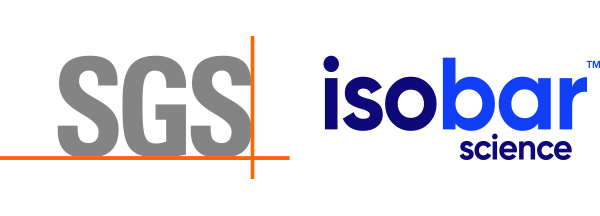Archaeological investigations of caves
Caves – or rock shelters – have been studied by archaeologists for the past two centuries, with specific focus on the investigation of prehistoric cave paintings, ceremonial use and other evidence of occupation.
